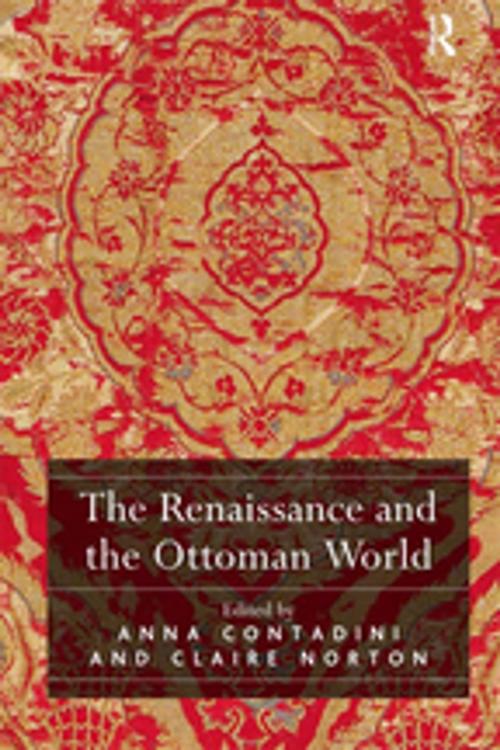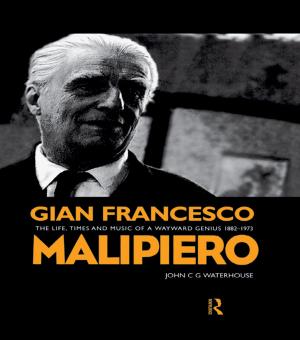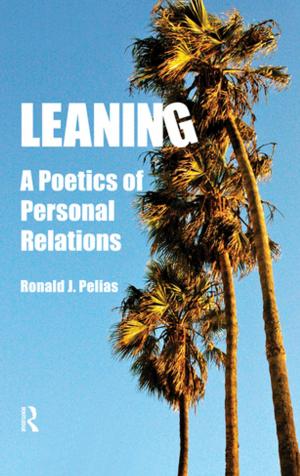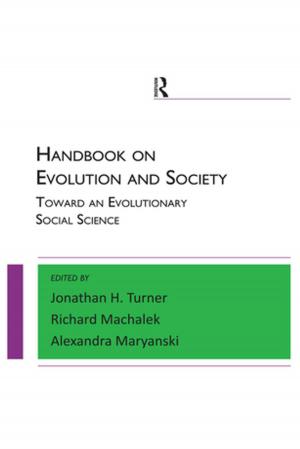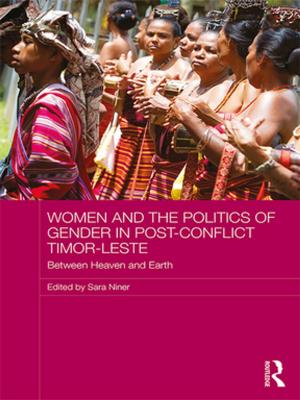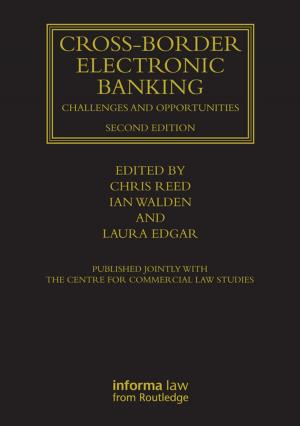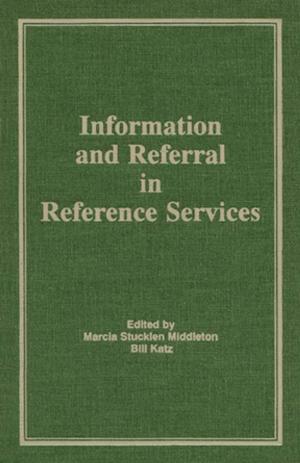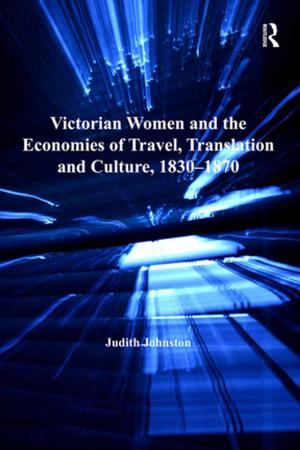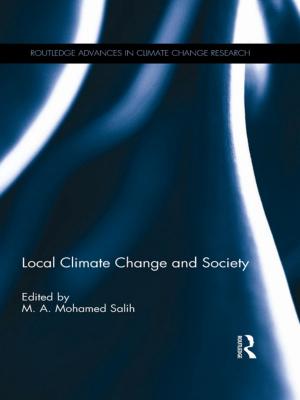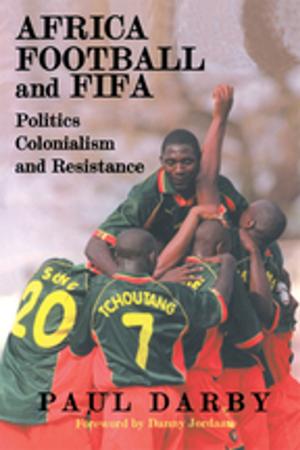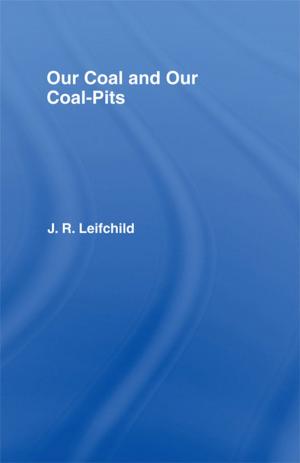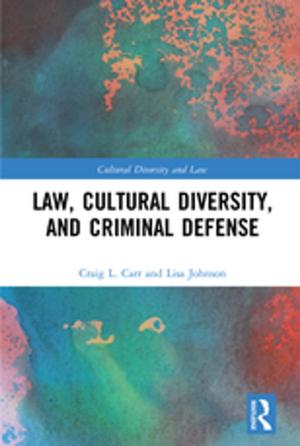| Author: | ISBN: | 9781351883009 | |
| Publisher: | Taylor and Francis | Publication: | December 5, 2016 |
| Imprint: | Routledge | Language: | English |
| Author: | |
| ISBN: | 9781351883009 |
| Publisher: | Taylor and Francis |
| Publication: | December 5, 2016 |
| Imprint: | Routledge |
| Language: | English |
This volume brings together some of the latest research on the cultural, intellectual, and commercial interactions during the Renaissance between Western Europe and the Middle East, with particular reference to the Ottoman Empire. Recent scholarship has brought to the fore the economic, political, cultural, and personal interactions between Western European Christian states and the Eastern Mediterranean Islamic states, and has therefore highlighted the incongruity of conceiving of an iron curtain bisecting the mentalities of the various socio-political and religious communities located in the same Euro-Mediterranean space. Instead, the emphasis here is on interpreting the Mediterranean as a world traversed by trade routes and associated cultural and intellectual networks through which ideas, people and goods regularly travelled. The fourteen articles in this volume contribute to an exciting cross-cultural and inter-disciplinary scholarly dialogue that explores elements of continuity and exchange between the two areas and positions the Ottoman Empire as an integral element of the geo-political and cultural continuum within which the Renaissance evolved. The aim of this volume is to refine current understandings of the diverse artistic, intellectual and political interactions in the early modern Mediterranean world and, in doing so, to contribute further to the discussion of the scope and nature of the Renaissance. The articles, from major scholars of the field, include discussions of commercial contacts; the exchange of technological, cartographical, philosophical, and scientific knowledge; the role of Venice in transmitting the culture of the Islamic East Mediterranean to Western Europe; the use of Middle Eastern objects in the Western European Renaissance; shared sources of inspiration in Italian and Ottoman architecture; musical exchanges; and the use of East Mediterranean sources in Western scholarship and European sources in Ottoman scholarship.
This volume brings together some of the latest research on the cultural, intellectual, and commercial interactions during the Renaissance between Western Europe and the Middle East, with particular reference to the Ottoman Empire. Recent scholarship has brought to the fore the economic, political, cultural, and personal interactions between Western European Christian states and the Eastern Mediterranean Islamic states, and has therefore highlighted the incongruity of conceiving of an iron curtain bisecting the mentalities of the various socio-political and religious communities located in the same Euro-Mediterranean space. Instead, the emphasis here is on interpreting the Mediterranean as a world traversed by trade routes and associated cultural and intellectual networks through which ideas, people and goods regularly travelled. The fourteen articles in this volume contribute to an exciting cross-cultural and inter-disciplinary scholarly dialogue that explores elements of continuity and exchange between the two areas and positions the Ottoman Empire as an integral element of the geo-political and cultural continuum within which the Renaissance evolved. The aim of this volume is to refine current understandings of the diverse artistic, intellectual and political interactions in the early modern Mediterranean world and, in doing so, to contribute further to the discussion of the scope and nature of the Renaissance. The articles, from major scholars of the field, include discussions of commercial contacts; the exchange of technological, cartographical, philosophical, and scientific knowledge; the role of Venice in transmitting the culture of the Islamic East Mediterranean to Western Europe; the use of Middle Eastern objects in the Western European Renaissance; shared sources of inspiration in Italian and Ottoman architecture; musical exchanges; and the use of East Mediterranean sources in Western scholarship and European sources in Ottoman scholarship.
